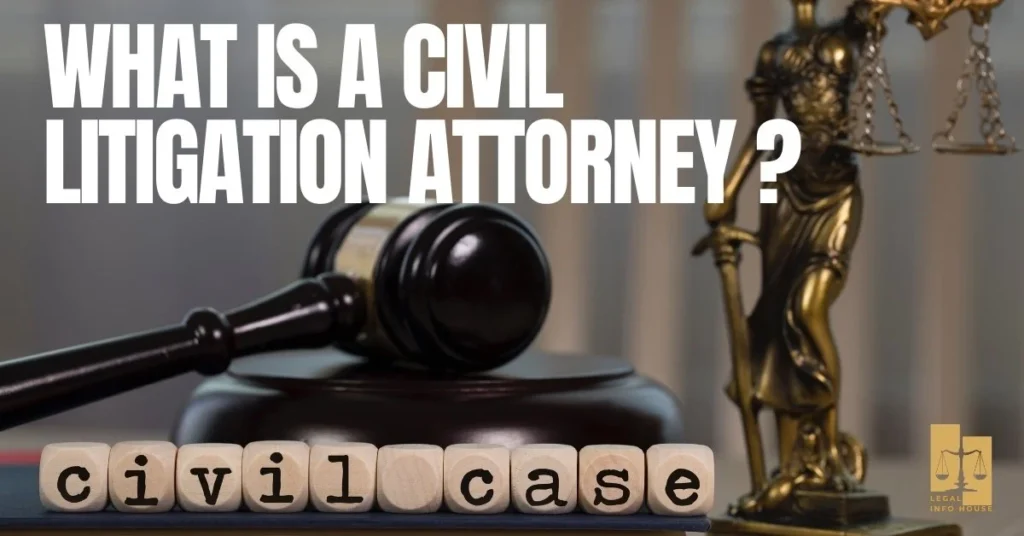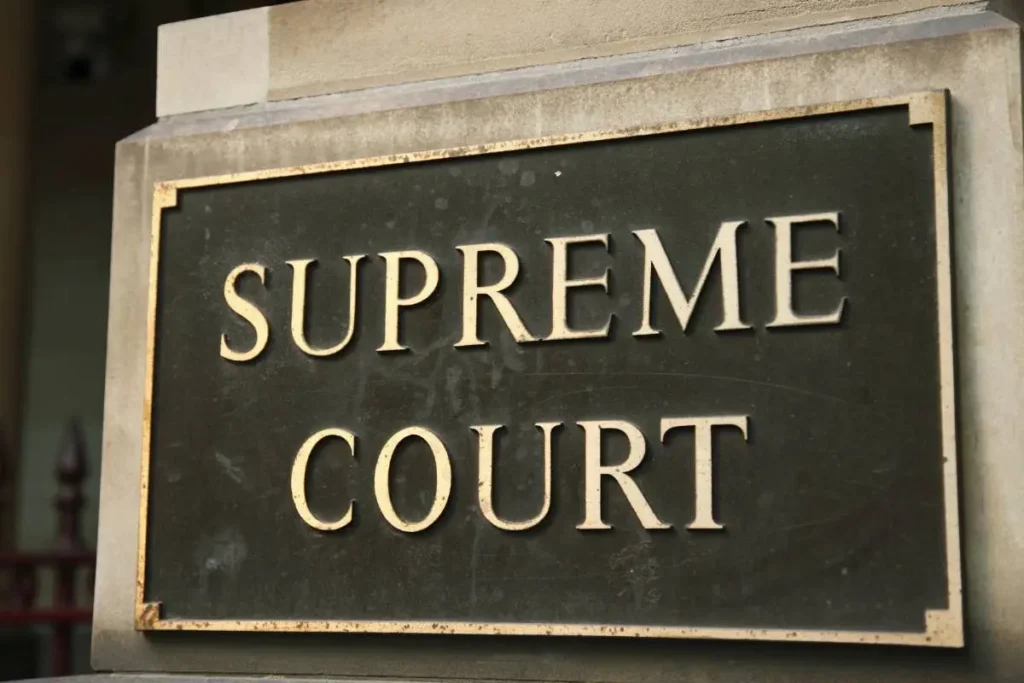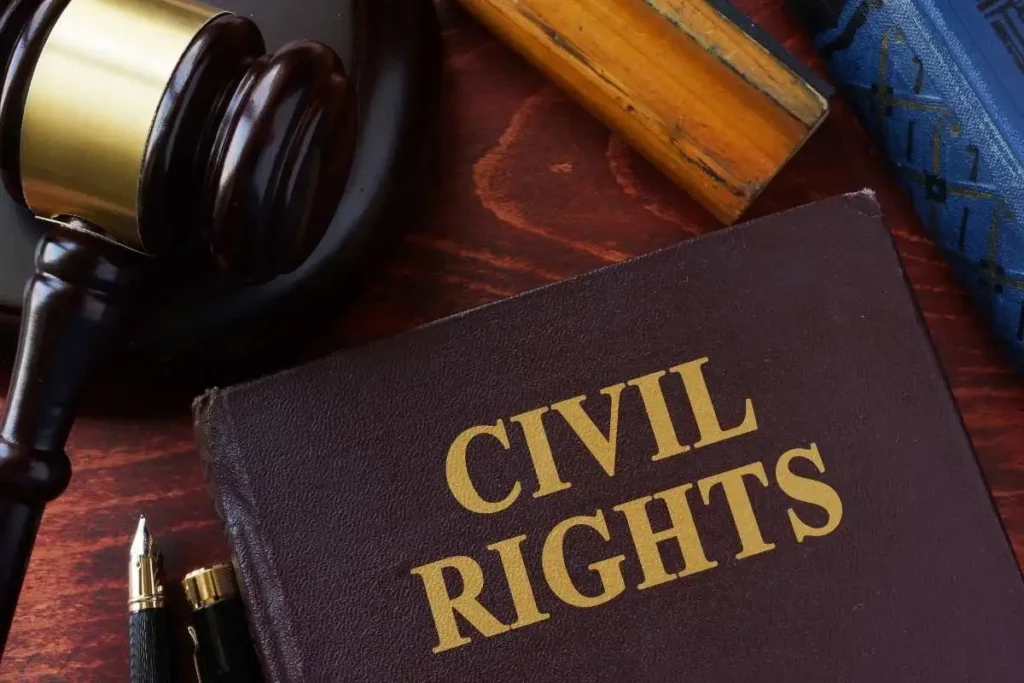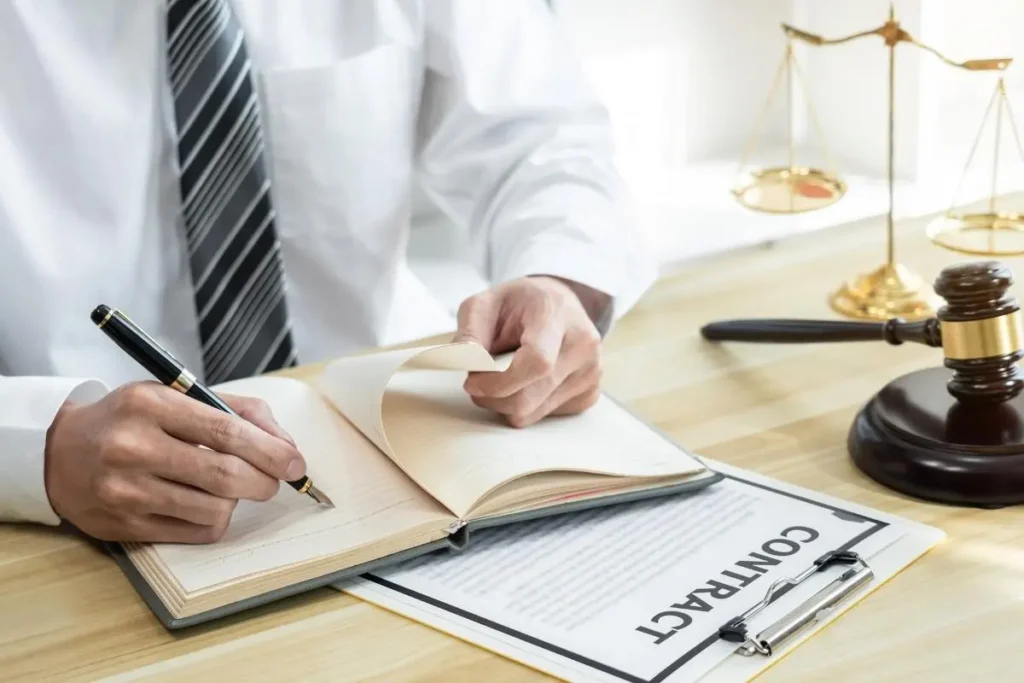
What is Civil Litigation?
Civil litigation refers to the process that allows individuals or entities to resolve non-criminal conflicts in a court of law. Criminal cases involve acts that are considered harmful to society at large and are prosecuted by the government.
Civil cases, on the other hand, typically involve private disputes between individuals or organizations.
What is a Civil litigation Attorney?
A civil attorney, also known as a litigator or civil lawyer, specializes in dealing with cases that entail personal disputes between individuals or entities. Unlike criminal lawyers who handle cases involving crimes against the state, civil attorneys focus on different legal matters.
They center their attention on lawsuits where one party seeks relief from another through damages and other remedies.
Types of Civil Attorney?
- Personal Injury Lawyer
- Family Law Attorneys
- Employment Lawyers
- Business Litigation Attorneys
- Real Estate Attorneys
- Contract Lawyers
- Consumer Protection Attorneys
- Intellectual Property Lawyers
- Environmental Lawyers
- Construction Lawyers
- Civil Rights Attorneys
Understanding the Civil Litigation Process
Civil litigation may sound complicated but it simply means resolving individuals’ disagreements through courts. A dispute over a contract, property or personal injury claim can be dealt with through this kind of justice system.
This guide takes you through some important stages in the process of civil litigation. It will help you understand what to expect if you ever find yourself embroiled in a legal battle.

1. Pre-Litigation Phase
- Initial Investigation
Before any formal legal action is taken, there’s an initial investigation phase. At this stage, both sides collect all necessary facts and proof related to their case. They use methods such as interviewing witnesses, gathering documents, and assessing the possible strengths and weaknesses of their claims.
- Demand Letters
Most often demand letters mark the official start of civil litigation. It sets forth what wrong has been done by whom and what should resolve it for good before one goes to court if one so chooses.
2. Filing a Lawsuit
- Complaint and Summons
The next step after failed pre-litigation negotiations is filing a lawsuit if need arises. The person initiating the suit, called the plaintiff, files a complaint that outlines the grounds on which they seek the court’s decision.
The complaint also provides details about other reliefs being sought. Alongside complaint summons are served on the defendant summoning him/her to court.
- Service of Process
The defendant must be formally served with a summons and complaint. This is known as service of process. Proper service ensures that the defendant is aware of the legal action and has an opportunity to respond.
3. The Discovery Phase
- Depositions
Discovery is a vital part of civil litigation proceeding when both parties exchange details and gather evidence. The depositions which are sworn testimonies taken from witnesses that will be used later in court are one key component of it.
- Interrogatories
Interrogatories are written questions asked by one party for the other, and which they must answer in writing under oath. These questions serve to clarify the issues in the case and obtain detailed information from the opposing side.
- Requests for Production
During discovery, parties may request documents, records or other tangible things which could be offered into evidence at a trial. This is called a request for production. Such requests might include emails, contracts, financial statements, medical reports among others.

Pretrial Motions and Hearings
Motion to Dismiss
During the pre-trial phase, the parties can file such motions to resolve or reduce the issues. A motion to dismiss is a request that a case should be thrown out because there is no basis for proceeding in law.
Motion for Summary Judgment
An application of summary judgment asks the court to decide the case on uncontested facts. If allowed, it may dispose of the matter without resorting to full trial.
The Trial Phase
Selection of Jury (if applicable)
In situations involving jury trials, the preliminary stage is selecting jurors. The voir dire process involves interviewing potential jurors by both counsels. This is done to determine their fairness and impartiality.
Opening Statements
When a jury has been chosen, each side makes its opening statement. In this part of the trial, each party describes their position and what they intend to prove during the court hearing.
Presentation of Evidence
- Witness Testimonies
The main element in a trial involves presenting evidence. Witnesses are called upon to testify in order to give personal accounts relevant to the issue at hand. This could entail expert witnesses who provide specialized knowledge.
- Exhibits
Witness testimonies, physical evidence such as documents, photographs, and other exhibits are presented in support of each party’s claims.
Closing Arguments
After all evidence has been presented, both sides present their closing argument. This will be their last chance to try and persuade the judge or jury in their favor.
The Verdict and Judgment
Jury Deliberation (if applicable)
If a jury is involved, they will retire privately after hearing submissions from counsel. They will then reach a verdict based on their review of the trial’s evidence.
Judge’s Decision
When a jury is not involved, the final decisions and judgments are made by the judge. These decisions are based on the array of evidence presented before them. It may also include ruling on any post-trial motions such as motions to alter or challenge the judgment.
Post-Trial Motions
Either party can file post-trial motions after a verdict that seeks changes to the judgment or a new trial. Such motions are typically predicated on alleged legal errors or newly discovered evidence.
Appeals Process
Grounds for Appeal
If any of the parties think that there were material legal errors affecting the outcome of the trial, they may appeal to a higher court. In this case, the appellate court will examine whether any errors were committed.
Based on their findings, they may affirm, reverse, or remand the case back to the lower court for further action.
The Appeals Court
Rather than conducting fresh proceedings, an appeals court examines what transpired during the trial in lower-level courts. This examination aims to determine whether any mistakes related to the law were made.
The decision by this court may result in another trial, alteration of judgments given or even an outright dismissal of a case.
Settlement in Civil Litigation
Negotiation and Mediation
Many civil cases are resolved through settlements before reaching trial. Negotiation and mediation are popular ways for parties to reach settlement without going through court process. A neutral third party helps facilitate discussions between parties and guides them towards resolution.
Arbitration
Arbitration is another alternative dispute resolution method where a neutral arbitrator hears both sides and makes a binding decision. It’s generally faster and informal than going through full-fledged courts
Agreements that are reached by parties are formalized in a settlement agreement. Which legally binds both parties and ensures that the terms in this document are adhered to.
Collaborative Law
Collaborative law is an approach where both parties and their lawyers agree to settle the dispute amicably without going to court. If unsuccessful, attorneys must desist from representing their clients in any future trial.
Expenses Associated with Civil Litigation
Attorney Costs
Civil litigation attorneys can be costly. Legal fees, including attorney charges, can accumulate fast particularly if the case is complicated or drawn out.
Funds of the Court
Apart from legal fees, court expenditures like filing fees, court reporter expenses, and costs for obtaining transcripts come into play.
Additional Charges
Other costs may include fees for expert witnesses, travel, and preparation of documents as well as exhibits.

Roles of Civil litigation Attorneys
Plaintiff’s Attorney
The work of a plaintiff’s lawyer is to represent the person or party bringing a lawsuit. Their duty is proving this individual’s case through presentation of evidence and legal arguments.
Defendant’s Attorney
A defendant’s civil litigation attorneys on the other hand represents someone being sued; it could be an organization too. They aim at refuting claims made against their client by plaintiffs while presenting defenses for them.
Legal Ethics
Attorneys acting in the capacity of either plaintiffs’ advocates or defendants’ representatives must adhere strictly to ethical rules which ensure fairness throughout all stages involved in civil trials .
Impacts of Civil Litigation on Parties Involved
Emotional Consequence
Litigation can be stressful and emotionally draining for all parties concerned. It puts a lot of strain on people’s relationships and makes them anxious as well as doubtful about what will come next.
Financial Consequence
The costs associated with lawsuits are often high enough to destabilize anyone financially involved in it whether they win or lose. You might not even get awarded legal fees or any other expenses even if you win your case.
Long-term Implications
What happens during legal battles can have long-lasting effects such as damaging reputations; causing strains in personal or business relationships; creating ongoing financial obligations among others.
When Should I Get a Civil Litigation Attorney?
Complicated Legal Problems
If you have a complex legal problem or one with high financial stakes, it is recommended that you hire a civil attorney. Their knowledge of the law will help guide through its intricacies and increase your chances for success.
Being Sued
You must get yourself represented by a civil lawyer when someone files a lawsuit against you. He or she will protect your rights, ensure all procedural rules are followed correctly, and speak on your behalf in front of judges if need be.
Drafting And Reviewing Contracts
Civil attorneys can also be very useful in drafting or reviewing contracts outside of any litigation process. They ensure that such agreements are legally binding and safeguard an individual’s interests. This assistance can help avert possible future disagreements.
Employment Matters
It may not be easy dealing with employment conflicts alone. A civil attorney will aid in interpreting the labor laws applicable to your situation and bargaining terms with the employer. They can also represent you in court should the need arise.
Tips for Navigating Civil Litigation
Selecting the Right Attorney
It is important that one chooses an experienced lawyer who specializes in their specific type of case because this will greatly determine its outcome. You need someone you can easily relate to throughout the process.
Additionally, their track record should speak for itself when it comes to winning similar cases.
Knowing Your Entitlements
Understanding what the law says about certain matters can help you make better choices during litigation. Therefore, never hesitate to ask your counsel for more information whenever necessary.
Keeping Good Records
Try to keep good records showing how communication has taken place. This includes maintaining copies of documents exchanged between the parties involved. Gather any relevant evidence that may support your side of the story.
Well organized files come in handy while building up strong arguments needed during trial sessions.
Final Thoughts
Civil litigation is a complex undertaking, but understanding its various stages equips one with the skills needed to handle different scenarios that may arise. This knowledge helps ensure that justice is served, if at all possible.
However, it is essential to operate within the limits set by law throughout the process. From pre-suit investigations to potential appeals, each step demands adequate preparation. Strategic choices are also necessary to succeed in the process.
Whether seeking vindication or defending rights, being alert backed up by proper legal representation is key.
FAQ
what is a litigator vs attorney
A litigator is a type of attorney who focuses on resolving legal disputes in court, representing clients in trials and hearings. An attorney is a broader term for any licensed legal professional who provides legal advice, drafts documents, and may also litigate.
What is the difference between litigation and civil litigation?
Litigation refers to the process of resolving disputes through the court system, covering all types of legal cases. Civil litigation specifically deals with non-criminal disputes, such as lawsuits involving contracts, personal injury, property, or family matters.
What are the three most common types of civil cases?
The three most common types of civil cases are contract disputes, which involve breaches of agreements; personal injury claims, often related to accidents or negligence; and property disputes, involving issues like ownership or boundary disagreements.
What’s better, common law or civil law?
Neither common law nor civil law is inherently better; both have strengths. Common law evolves through judicial rulings, offering flexibility, while civil law relies on codified statutes, providing consistency. The best system depends on the legal context.
How long does it take to resolve a civil lawsuit?
Civil suits can last anywhere from months to years depending on many factors including complexity, court schedule or whether settlement negotiations succeed before trial begins.
